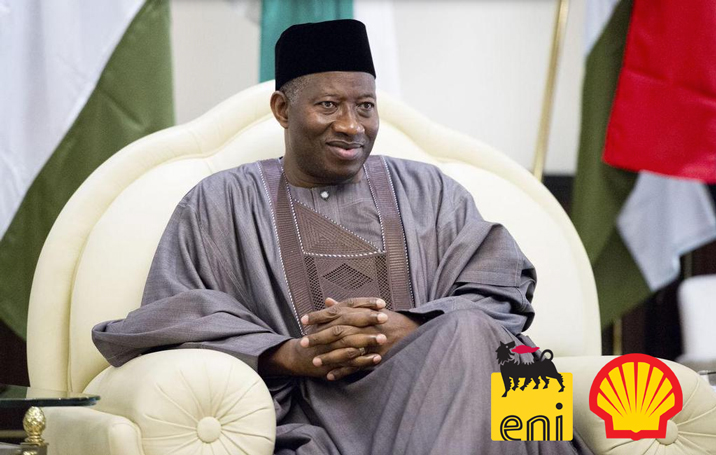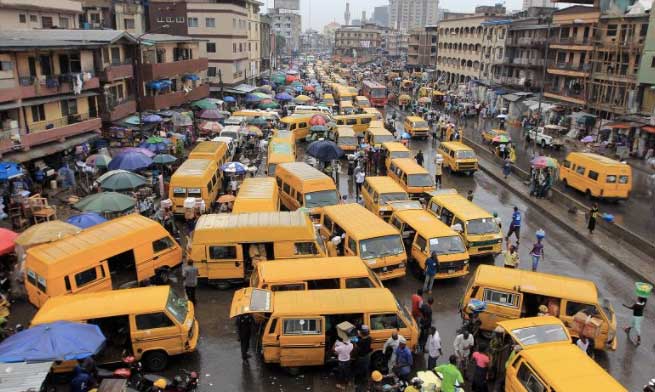In what is proving to be the hottest corruption case of the decade, we bring you 6 things you need to know about the infamous Malabu Oil deal scandal.
Warning: if you have health issues, we suggest you skip this post, as the figures contained may give you heart attack. Proceed at your own risk.
-
Big oil companies are involved
Yes, big global giants Shell and ENI are in the centre of the deal. Shell have continually denied, but recent email evidence suggest they know that the deal was corrupt. This information goes all the way to the top – the number one boss (at the time) knew. They also knew (from email exchanges) that the money would be used to “pay people off”.
-
Oil well said to be worth $500B (lifetime) was given off for $1.3B
Don’t bother converting it with today’s exchange rates, you’ll just weak (we warned you earlier to skip post if you have health issues). The well OPL245 worth $500B was sold for less than 2% of that figure – reports ranges from 1.2 – 1.9B USD. This was one of AFRICA’S BIGGEST OIL FIELD
-
The money from sales was actually a bribe
Technically, the oil Wells were given free, because the proceed from the super subsidised sale went to private individuals. Major culprit fingered was ex oil minister Dan Etete.
-
Former President GEJ deeply involved
Former president GEJ was mentioned as a beneficiary from the deal (only this time they choose GLJ as his moniker). Former minister of petroleum, and other top government officials and parliamentarians were mentioned. Preliminary findings as reported in the press say GEJ’s cut could be anywhere between 200 – 400m USD. Not so clueless after all huh?
-
The bribe money was bigger than Nigeria’s 2016 health budget
If you have health issues, and you’re still reading this, and you don’t have a seizure: don’t worry, you won’t die anytime soon. Now imagine if that money was just pumped into health care.
-
How a beneficiary spent his loot
A major beneficiary was reported to have splashed his own cut on bulletproof SUV cars, luxury shotgun and a private jet.
See BBC’s reportage of this.
Sources: BBC, Premium Times



